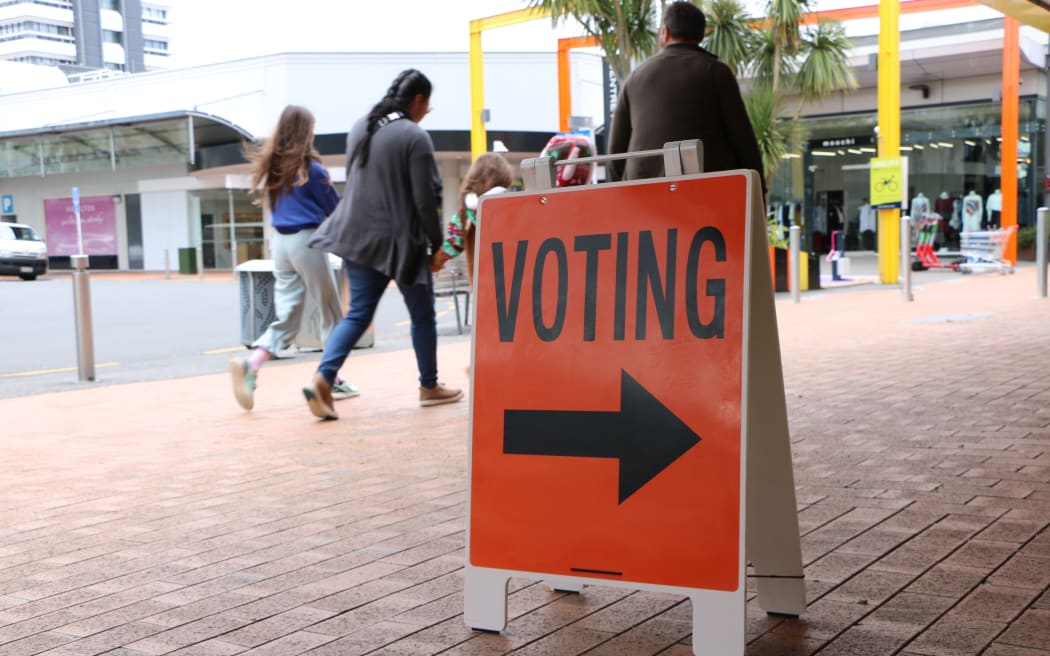Electronic roll crashing on Election Day could have been avoided

Photo: RNZ / Anneke Smith
The Electoral Commission has found a crash of its eRoll on Election Day was “ultimately avoidable”.
The electronic version of the electoral roll went down shortly after 10am on election day 14 October, and was not fixed until just before 2pm.
While it only affected those casting special voters, many voting centers were already under strain with massive queues, and this caused further delays and confusion.
How the eRoll works
The eRoll is a mobile app developed exclusively for the Electoral Commission and was developed and maintained by IT company Catalyst.
On election day staff primarily used it to search the live electoral rolls for voters who did not have their EasyVote card with them.
“It is an electronic option to do what can also be done by looking up the hard copy rolls in the voting place for electors enrolled by writ day and looking up the index to places and streets to work out which electorate a person lives in.”
What happened on Election Day
Documents released in an OIA to RNZ showed at 9:59am on election day four connections failed – although it was later suggested these were not related to the
